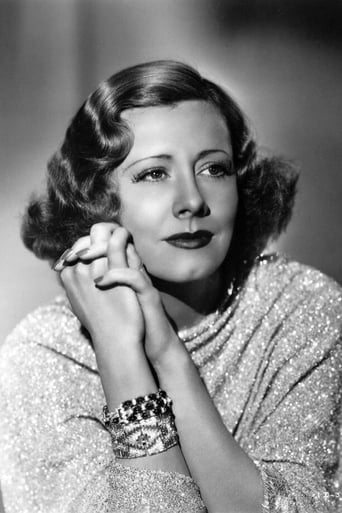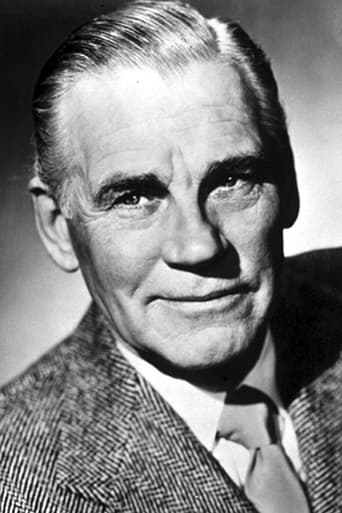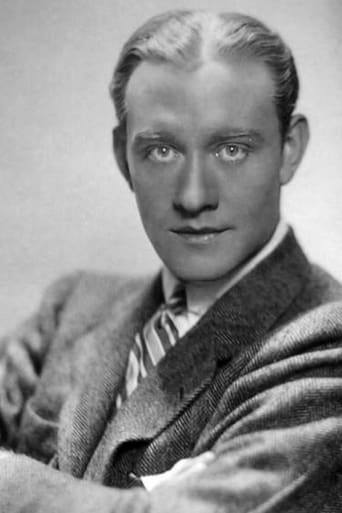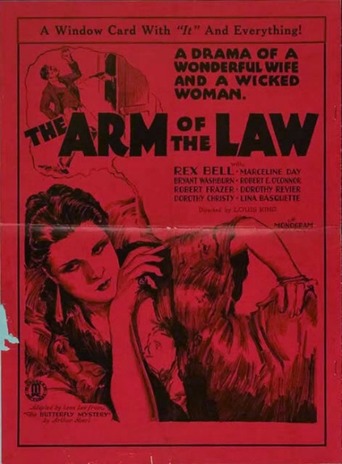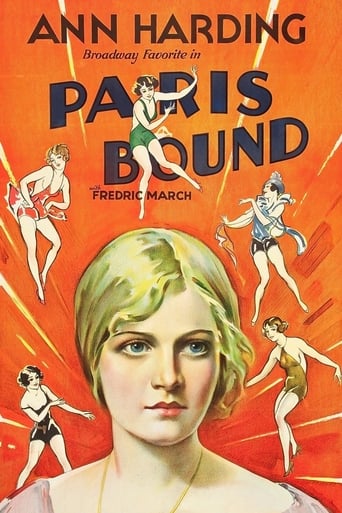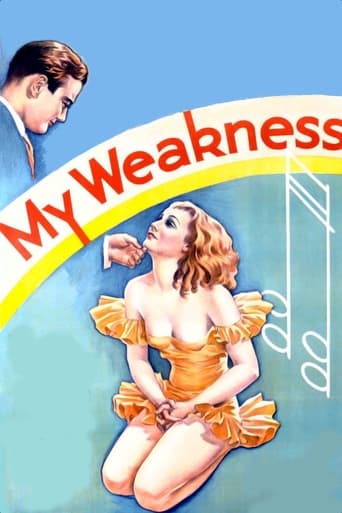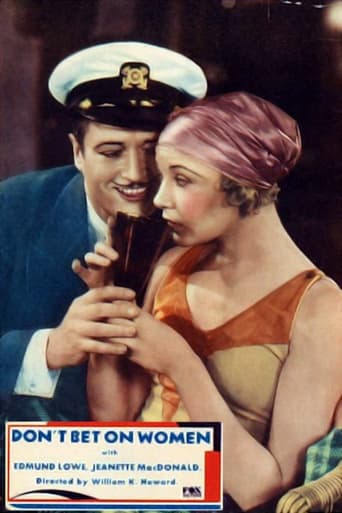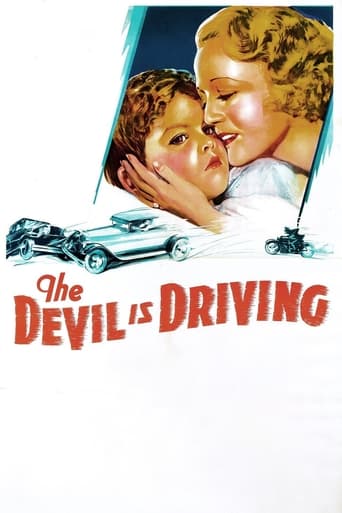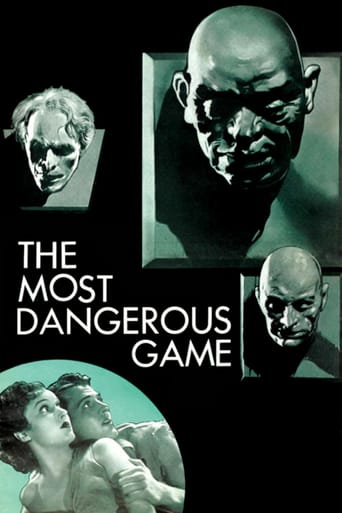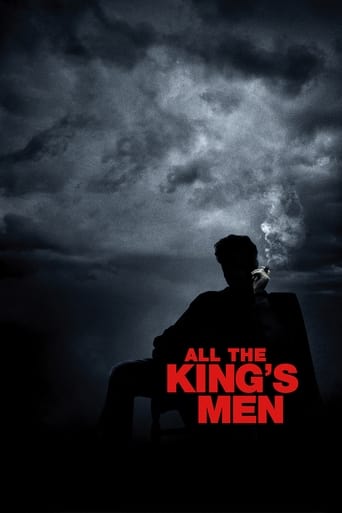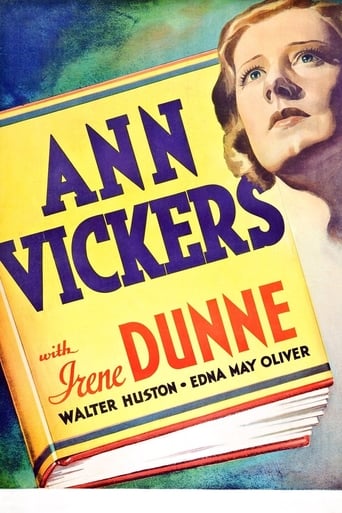
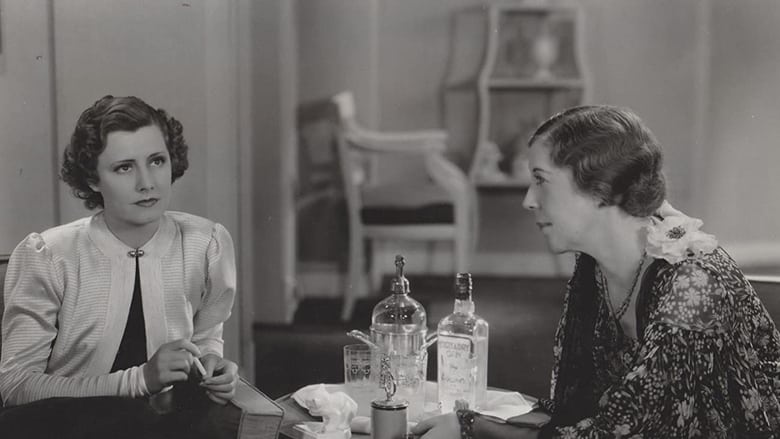
Ann Vickers (1933)
After a love affair ending in an abortion, a young prison reformer submerges herself in her work. She then falls for a controversial and married judge and scandal looms again.
Watch Trailer
Cast
Similar titles
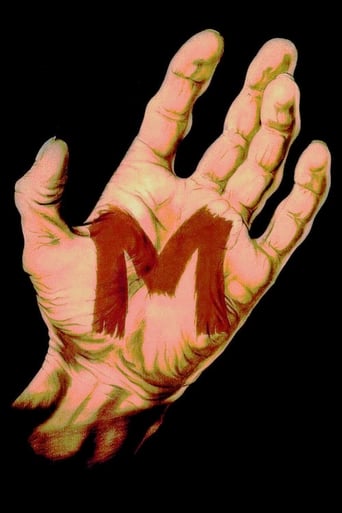
Reviews
Fantastic!
Let me be very fair here, this is not the best movie in my opinion. But, this movie is fun, it has purpose and is very enjoyable to watch.
There's no way I can possibly love it entirely but I just think its ridiculously bad, but enjoyable at the same time.
The plot isn't so bad, but the pace of storytelling is too slow which makes people bored. Certain moments are so obvious and unnecessary for the main plot. I would've fast-forwarded those moments if it was an online streaming. The ending looks like implying a sequel, not sure if this movie will get one
"Ann Vickers" is a 1933 film starring Irene Dunne and Walter Huston. It is told with the sensibility of the 1930s and with an eye toward female audiences.Dunne is Ann Vickers, a social reformer dedicated to her career and not interested in men or dating. Nevertheless, due to her attractiveness, men are interested. One is a soldier about to be shipped out during WW I (Bruce Cabot) with whom she enjoys a one-night stand and becomes pregnant. She has promised to marry him if he still wants her upon his return; he really doesn't. She goes off with her friend Malvina (Edna May Oliver) to her country place. In one scene, she talks about how much she wanted the baby girl, and it was a shame that the baby died. So either she miscarried or had an abortion. We're left hanging. If she and Malvina were going out of the city, I understood that it was so she could be pregnant and no one would know it. Maybe not.Ann throws herself into her work for prison reform, and meets a judge (Walter Huston) whose wife lives in Europe and won't divorce him. And complications ensue.You can tell by the way I've related this story that this is not about a woman ahead of her time, independent, an early feminist, although that is supposed to be what it is.Instead the story is skewed toward her love life, and she marvels at how the Huston character has "killed her ambition." As in so many other movies, ambition and careers mean one thing - spinsterhood - and a happy ending can only be achieved if she forsakes her career for the man she loves.It sounds like I'm knocking this philosophy - I'm not. This was the attitude back then and in some places, it's still the attitude. The Vickers character was unconventional sexually, a feature of precode. Once the '40s hit, she would be in tailored suits up to her neck, aggressive in business, and softened by love, which removes all that frustration.After seeing a few of these, the message is clear.So rather than focus on her reform work, although it's mentioned, the movie focuses on her love life. And spoils what could have been a good story.Dunne is wonderful as Ann, and you sense that she has a real backbone. Her character doesn't allow herself to love at first, perhaps for fear of being hurt.Huston as the judge with more than a few issues is always good, and Edna May Oliver gives an earthy, practical performance.All in all, I did not think this was very good. It would have been a lot better with more balance between Ann's private life and career, and if she had found one.
Lackluster romantic drama with feminist elements. Basically it's Irene Dunne spouting off about wanting to have her own career and being involved in relationships with douchebags. All of the success she has career wise is ultimately attributed to a man and the film's message seems to be that a woman's happiness only comes from the love of a man, so I really don't see where feminists are supposed to find much to love about this film. The brief middle part of the film dealing with the brutal goings-on at a women's prison are most interesting. They should've made an entire film of that. The rest is forgettable. The cast is fine. No standouts. Edna May Oliver is wasted, which is just criminal.
ANN VICKERS is a bizarre tear-jerker from the early days of sound movies featuring IRENE DUNNE as a woman who is well-intentioned but makes all the wrong choices in life, including the men she thinks she loves.BRUCE CABOT is her first mistake, a man proclaiming great love for her but abandoning her not long after she bears his child. In a weak supporting role, she treats CONRAD NAGEL as a man she cannot love but values as a friend. He's not too happy about that arrangement.Then comes married man WALTER HUSTON, unhappily married who finds Dunne a refreshing bit of love interest. She has a career that keeps her busy and stands by him when he is accused of mismanaging funds. He's soon imprisoned but she finds a way to get his case some political attention and eventually he is free to marry her.That's about it, all handled in dreary fashion with hardly a note of music on the soundtrack to lift it out of the doldrums when it gets too soggy to bear. As social commentary on conditions in the 1930s and women's issues, it's a failure. Miss Dunne plays a social worker who rises to play an important role in the penal system for females.IRENE DUNNE suffers nobly, but it's a weak vehicle for a strong actress and she can do nothing to give the film a sense of real life struggles. Chalk this one up as a failure, even if it was based on a novel penned by no less than Sinclair Lewis. Evidently, not too much has been retained from his novel.Summing up: Not worth your time. Any film that wastes the talents of EDNA MAY OLIVER as a Duchess has got to make you wonder what they were thinking. It's her dullest role ever.
"Ann Vickers" is an adaptation of Sinclair Lewis' book about an unwed social worker who becomes pregnant during World War I and is subsequently abandoned by her lover. It is a valuable social commentary on the mores and folkways of the time (1933) and explores the double standard then existent that condemned a woman for `loose living' while exonerating a man. The most interesting aspect of the film to me was the fact that it was almost a mirror's image of the sea change that took place in morals during 1920's in the aftermath of World War I.RKO couldn't have picked a better actress to play the part of Ann Vickers. Irene Dunne was young, sensitive, brave, intelligent everything the `modern woman' of the day was supposed to be. Her early professional career was marked by a series of skillfully done tearjerkers of which "Ann Vickers" is one of the better ones.I highly recommend this movie. Walter Huston did a fine job as Ann's second love, and the man who restored her faith in a loving relationship. It's well directed and filmed and is a wonderful insight into life in the U.S. from just after World War I up until the middle of the Great Depression.
